How Much to Rent Roller Compactor and Where to Rent
Part of mechanization trends in the construction industry is using roller compactors. These are heavy to medium duty pieces of equipment used to compact construction material for various reasons. Roller compactors encompass a weighted drum attached to a frame; the frame is engine driven or pulled by hand. Roller compactors are driven over material, they exert a vertical force due to their weight forcing material particles into a denser structure.
Compaction is an important process in construction. Roller compactors improve the efficiency of compaction and minimize time and labor costs. Heavier compactors are capable of deep compaction; which is a problem when done by alternative compaction techniques. The even drum surfaces ensure equal distribution of compaction force creating a consistent density throughout the material. Significant drum widths cover a larger area with a single pass compared to plate and tamping compactors.
This article addresses renting as a way of acquiring a roller compactor for your project. It outlines different types of rollers and factors that affect the cost of renting.
Contents
Factors Affecting Rental Costs
A. Type of roller compactor
1. Vibratory Roller
The cost of renting a vibratory roller compactor is slightly higher than static ones. Vibratory rollers encompass more technology and control features; to regulate the vibration mechanism. This drives the cost of purchasing higher. Rental companies charge more to recoup their investment.
2. Smooth Drum Roller
The versatility of smooth drum rollers for compacting various surfaces affects their costs.
3. Padfoot Roller
Specialized functions of padfoot roller compactors affect the cost of renting them. They are used for compacting cohesive and semi-cohesive soils. Their rental rates can vary depending on factors like drum width, weight, and added features, which affect their suitability for specific soil types and project sizes.
B. Size and capacity
Higher rental fees may apply for larger smooth drum rollers with greater compaction power and width, as they can handle larger projects more efficiently.
C. Rental duration
Rental duration significantly impacts the cost of renting rollers. Longer durations often come with lower daily rates, making extended rentals more cost-effective. Conversely, short-term rentals tend to have higher daily rates, which can increase the overall cost, making it essential to consider the duration when budgeting for roller rentals.
D. Location and availability
In areas with high demand and limited supply, prices tend to be higher. Conversely, in regions with more rental options and lower demand, costs are generally more affordable. Availability also affects pricing, as peak seasons or high-demand periods can lead to increased rental rates.
E. Additional equipment and accessories
Attachments like padfoot shells or smooth drum sheepsfoot rollers, water kits for asphalt work, or GPS systems for precision leveling can all increase rental expenses, making it essential to consider these factors when budgeting for roller rentals.
F. Rental company policies and fees
These may include rental duration, insurance, delivery charges, and damage fees. Longer rental periods and additional services can increase the overall cost, making it essential for renters to carefully review and understand the company’s terms and fees to budget effectively.
Rental Cost Breakdown
A. Average rental rates by type and size
Small walk-behind rollers, suitable for smaller projects, typically range from $50 to $150 per day. Medium-sized ride-on rollers, suitable for mid-sized jobs, may cost between $150 and $300 per day. Large, heavy-duty rollers for extensive projects can range from $300 to $600 or more per day. Rates also depend on factors like location, rental duration, and equipment age. It’s essential to consult with local rental companies for accurate pricing information.
B. Cost variation based on rental duration
Short-term rentals, such as daily or weekly, generally have higher daily rates but are cost-effective for brief projects. Long-term rentals, spanning months, offer lower daily rates, reducing the overall cost for extended use. Finding the right balance between rental duration and daily rate is crucial for budget-conscious renters.
C. Common additional fees and surcharges
1. Delivery and pickup charges
Rental companies may charge fees for delivering and picking up the roller at your job site. These charges vary based on distance and location.
2. Fuel costs
Renters are typically responsible for supplying fuel, and it’s essential to return the roller with the same fuel level as when rented to avoid additional charges.
3. Insurance and damage waivers
Many rental companies offer insurance or damage waivers for a fee, providing coverage for potential equipment damage. These options can help protect renters from unexpected expenses.
4. Operator fees
If you need an operator to operate the roller, rental companies may charge an additional fee for their services.
5. Maintenance and cleaning fees
Renters are usually expected to return the roller in a clean and well-maintained condition. Failure to do so may result in additional cleaning or maintenance charges.
Where to Rent a Roller Compactor
A. Local equipment rental companies
Local equipment rental companies provide a convenient source for roller compactors. They offer a range of rollers for various construction needs, with the advantage of proximity for quick access and personalized service. Local rentals can also offer cost-effective options compared to larger chains, making them a preferred choice for many contractors and DIY enthusiasts.
B. Online rental marketplaces
Online equipment rental marketplaces, such as websites and apps, connect renters with a wide range of roller compactors from various suppliers. They provide a convenient platform to compare equipment, rates, and reviews, simplifying the rental process. Renters can book rollers online and often benefit from a broader selection and competitive pricing.
C. Considerations when choosing a rental provider
1. Reputation and reviews
A provider’s reputation reflects their overall trustworthiness and reliability. Reviews from previous customers offer insights into the quality of equipment, customer service, and any potential issues. A provider with a positive reputation and favorable reviews is more likely to deliver a satisfactory rental experience, making it a wise choice for renters.
2. Equipment quality and maintenance
A reputable provider should offer well-maintained, reliable equipment to ensure safety and efficiency on your project. Regular maintenance helps prevent breakdowns and ensures optimal performance. Prioritize providers that have a track record of keeping their equipment in top condition, reducing downtime and potential safety hazards during your rental period.
3. Rental policies and customer support
Thoroughly reviewing rental terms and conditions, including rental duration, fees, and maintenance requirements is important when renting a roller compactor. Assess their customer support responsiveness and availability, as efficient communication can be critical for addressing issues or concerns during the rental period. A rental provider with clear and fair policies and strong customer support ensures a smoother and more satisfactory renting experience.
Tips for Cost Savings
A. Rental duration optimization
Assess your project’s timeline carefully and rent the equipment for the exact time needed. Avoid unnecessary extended rentals to minimize daily charges.
B. Comparison shopping
Compare rental rates and terms from multiple providers. Don’t settle for the first option you find. This allows you to identify the most cost-effective option and potentially negotiate a better deal.
C. Negotiation techniques
Ask for discounts, especially for longer rentals, and inquire about any special promotions or package deals rental companies may offer.
D. Maintenance and care responsibilities
Properly maintain and care for the roller compactor during the rental period to avoid additional fees. Follow the manufacturer’s guidelines and return the equipment in the same condition to prevent cleaning or repair charges. Regular maintenance also ensures efficient operation, reducing fuel consumption and wear and tear, ultimately saving costs.
Case Studies
A. Rental costs for different roller compactor types and sizes
In a metropolitan area, a small walk-behind roller compactor with a drum width of around 24 inches can be rented for approximately $100 per day or $400 per week. For a mid-sized ride-on roller with a drum width of 48 inches, the daily rate might range from $250 to $350, with a weekly rate of around $1,200 to $1,500. These rates may fluctuate based on location, the age of the equipment, and the rental duration, demonstrating the cost variations associated with different roller compactor types and sizes in real-world scenarios.
B. Lessons learned and key takeaways from these cases
First, the rental cost for roller compactors varies significantly based on factors like machine type, size, location, and rental duration. Secondly, smaller walk-behind rollers tend to be more affordable on a daily basis, making them suitable for short projects, while larger ride-on rollers have higher daily rates but might be more cost-effective for longer-term use. Finally, these examples emphasize the importance of thorough research, comparison shopping, and assessing the specific project requirements to make informed decisions and optimize cost-efficiency when renting roller compactors.
Conclusions
Roller compactor rental costs are influenced by several key factors, including the type and size of the machine, location, rental duration, and additional fees such as delivery or insurance. The examples provided illustrate the wide range of pricing options available in the market. To make the most cost-effective decision when renting a roller compactor for compaction projects, thorough research and careful cost evaluation are paramount.
Understanding the specific needs of your project and comparing rates from different providers can lead to substantial cost savings. While the initial expense may seem significant, the flexibility, maintenance, and other associated costs of ownership make renting a roller compactor a practical and cost-efficient choice for many construction and landscaping ventures.
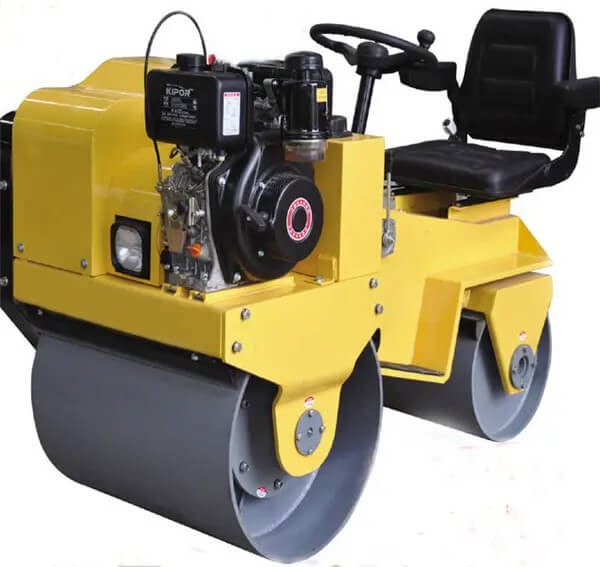
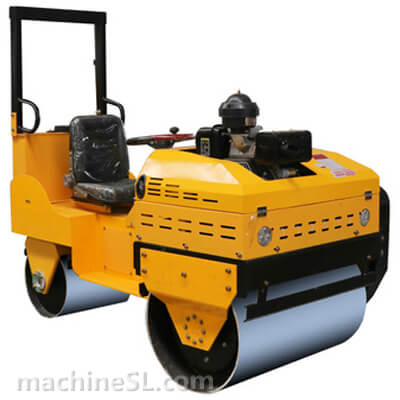
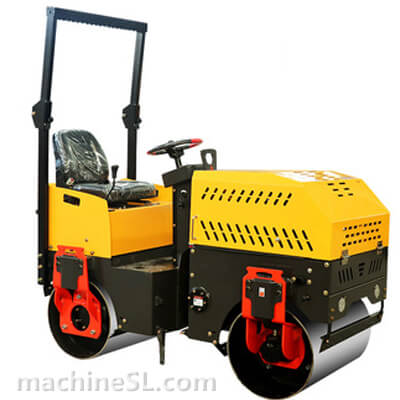
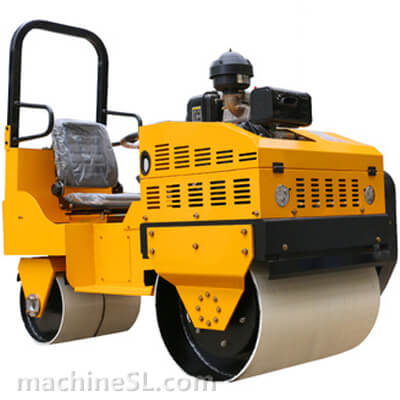
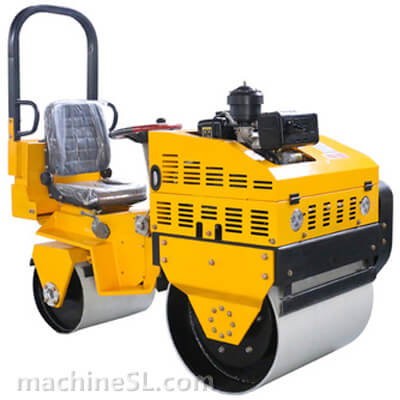
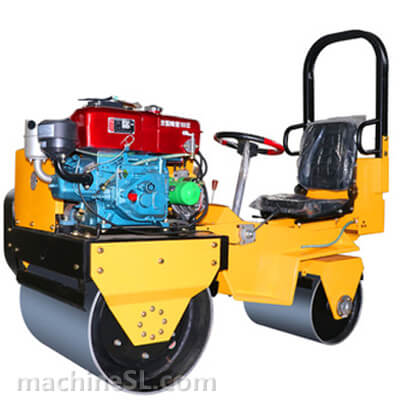
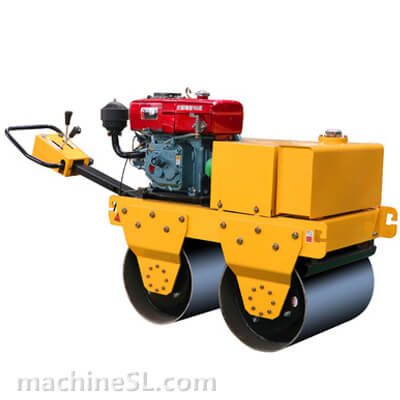
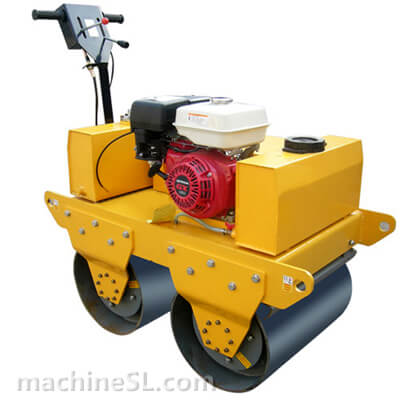
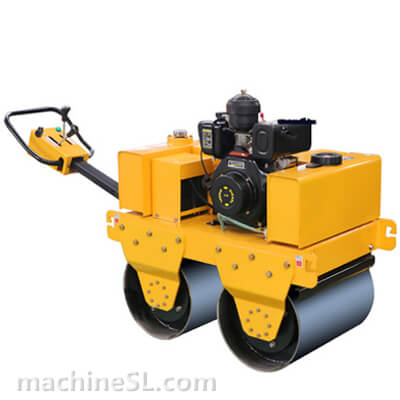
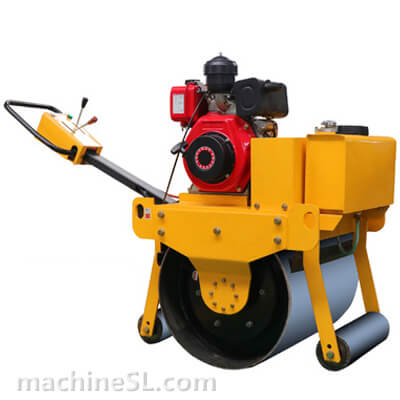
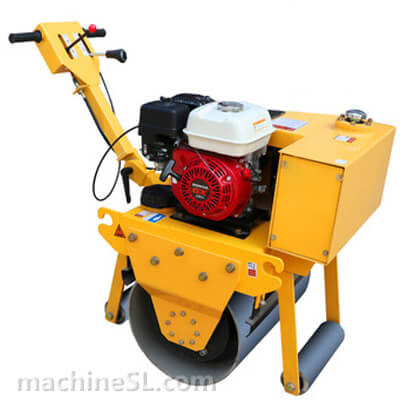
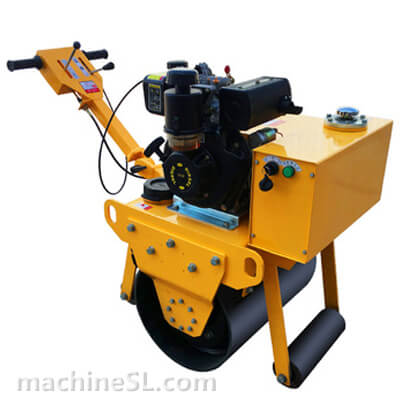
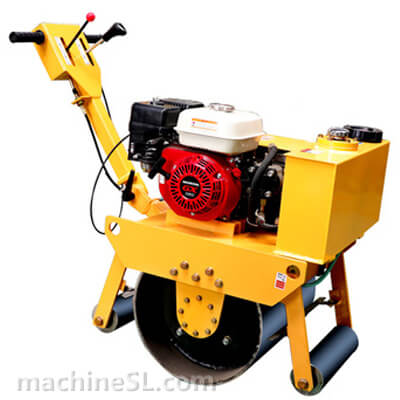
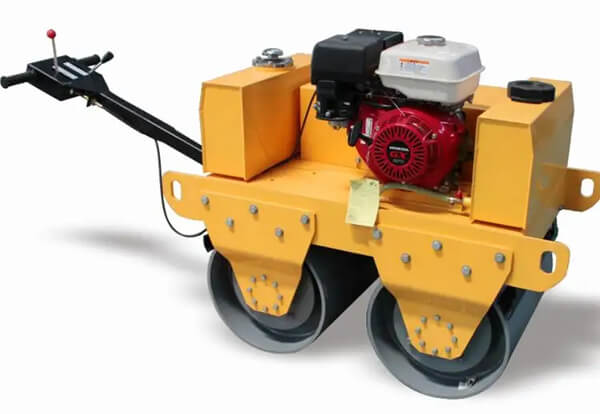
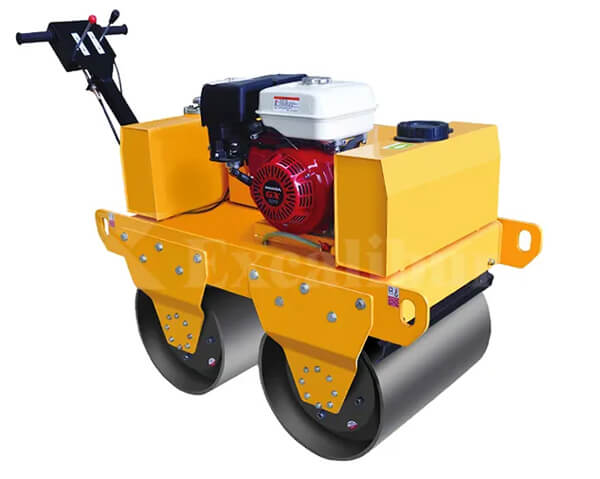
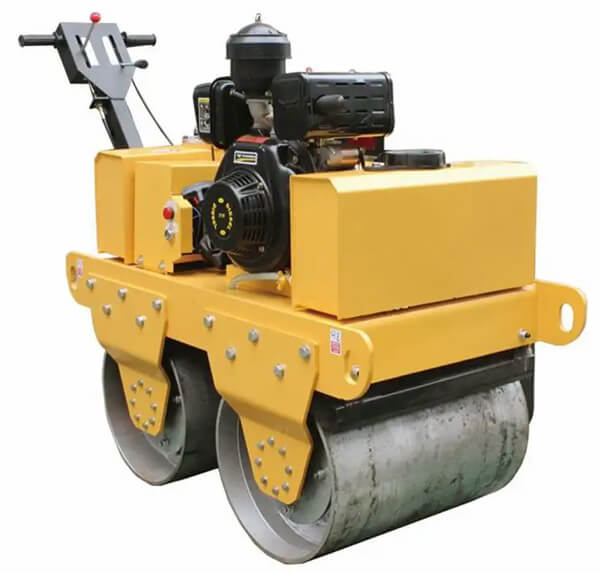
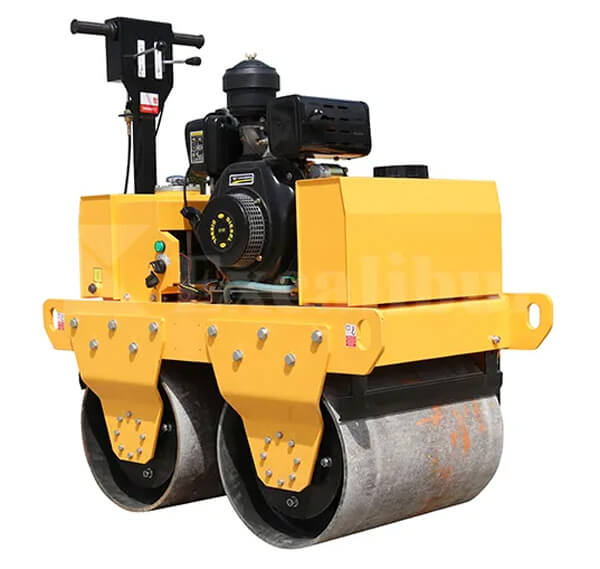
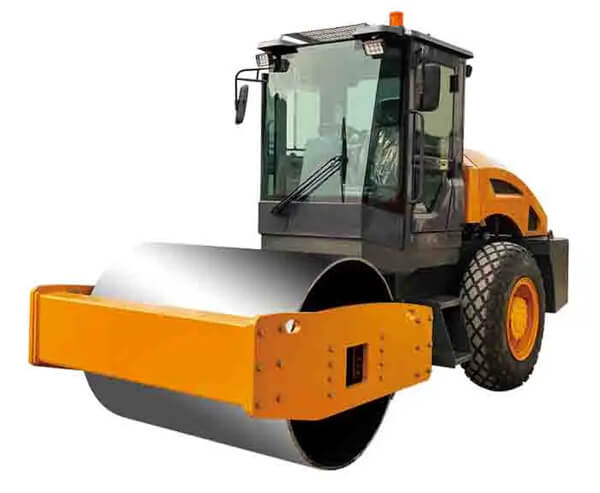
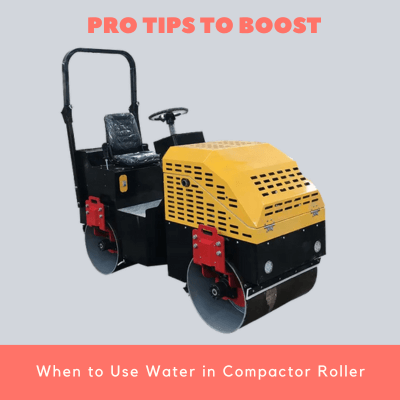
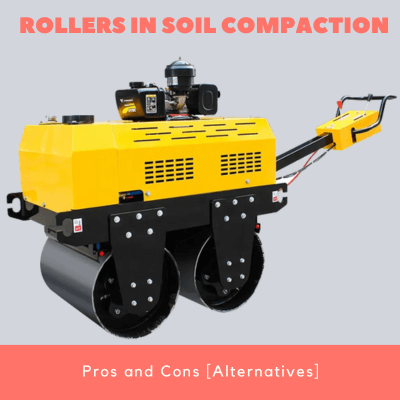
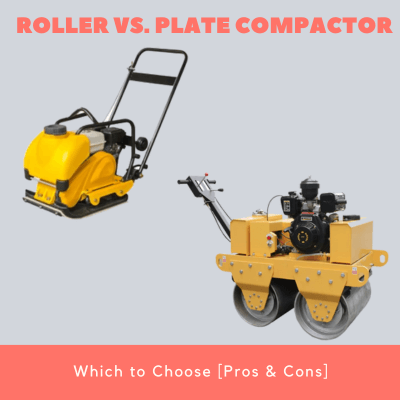
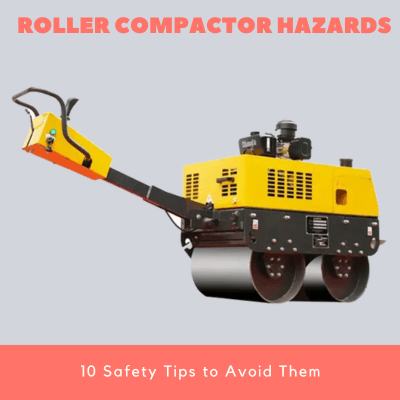
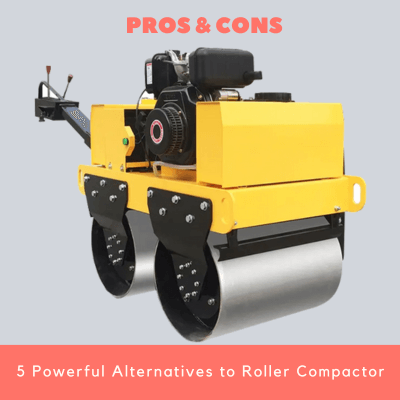
Leave A Comment